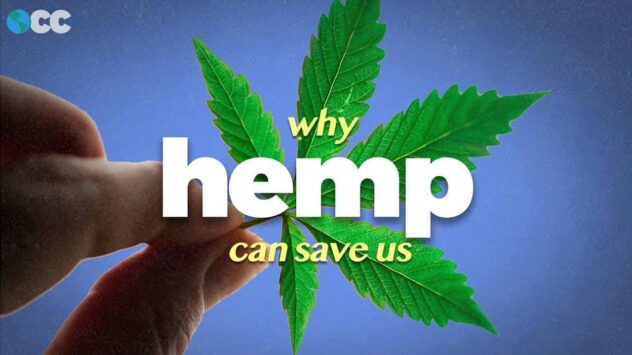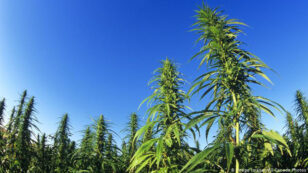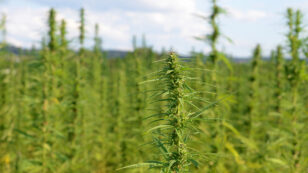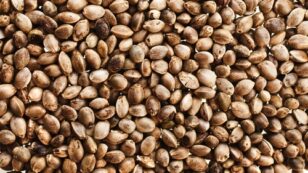
Why This Plant Could Save the World
What if I told you there was a miracle plant? One that has over 25,000 uses from rope, to clothes, to concrete, to medicine. A plant that grew quick and tall, that dug its roots deep into the dirt and sequestered tons of carbon back into the soil while sucking polluting metals back out of […]

 233k
233k  41k
41k  Subscribe
Subscribe 







